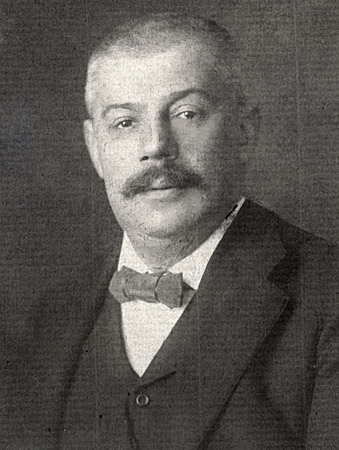KAFKA EXPLAINS WHY HE
IS AFRAID OF HIS FATHER.
Some time ago you asked me why I claim to be afraid of you. As usual, I could give you no answer, partly because of that very fear I have of you, partly because there are so many distinct aspects to the explanation of my fear that I cannot gather them, even loosely, in a conversation. And if I answer you here in writing, the explanation will still be rather incomplete because fear and its consequences get in my way even as I write to you, and because in any case the breadth of the material surpasses my memory and my intelligence.
You always thought of this matter in very simple terms, at least when you talked about it to me and indiscriminately to many others. In your view it was like this: You worked hard all your life, you sacrificed everything for your children, especially for me, whereupon I lived “the life of Riley”, was completely free to study whatever I wanted, had no reason to worry about food, or any reason to worry at all. You did not ask to be thanked for that. You know all about the “gratitude of children”, but you expected a certain good will, a token of sympathy. Instead I always hid away from you in my room, taking refuge in books, in the company of crazy friends, in extravagant ideas. I never talked to you sincerely, I never went to temple with you, I never visited you in Franzensbad, I never showed a sense of family in any other respect, or an interest in our business, and I never cared about your other affairs. I burdened you with the factory and deserted you in the end. I supported Ottla in her stubbornness, and while I don’t lift a finger for you (not even bringing you a ticket to the theatre), I do everything for strangers. To sum up your judgment of me, you do not exactly accuse me of indecency or evil (except perhaps lately concerning my intended marriage), but rather of coldness, alienation, and ingratitude. And you act as if that was my fault, as if I could have arranged everything quite differently with a turn of the wheel, whereas you are not to blame in the least, except perhaps for being too good to me. I consider this account – your usual account —correct in one point: I agree that you are not in any way to blame for our alienation. But I, too, am completely blameless. If I could get you to acknowledge that, we might achieve a kind of peace.
To be continued in my next post on Sunday.
(Source: unpublished works on www.kafka.org; my translation)

No comments:
Post a Comment